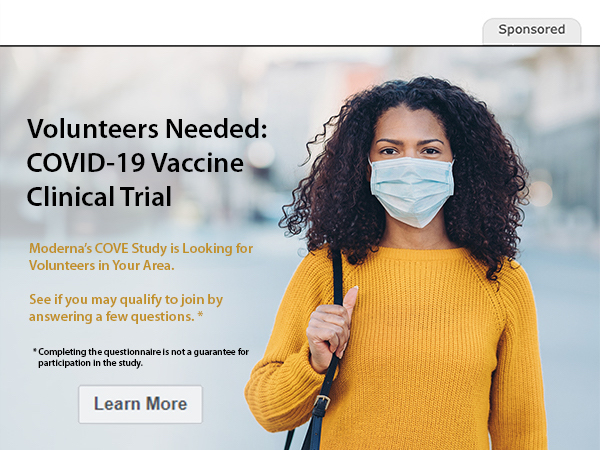Barry Nelson, Patient Advisor at Brigham and Women’s Hospital Center for Patients and Families participated in a webinar on January 11 organized by The Center for Health Education Research Service in Boston, Massachusetts. [1]
During the webinar, Nelson described his experience as a cancer survivor. “I was diagnosed with advanced lung cancer in March 2012. When I was initially diagnosed with cancer, I was told I had 6 months to live. I was told, ‘your going to die and you need to accept that.’ I said, ‘I don’t need to be treated here. I can go someplace else where they are going to fight for me as much as I’m going to fight for myself.'”
With that attitude Nelson has survived 9 years longer than his first oncologist believed possible. “So many times people don’t understand that they can advocate for themselves. It’s not that the doctors are wrong but there is another part, it is the part that the patient has to play.” In his role as patient advisor, Nelson shares his story to help others advocate for themselves.
After going through all the standard treatments, Nelson had a choice. He could stop treatment or he could try something different. “I had to go outside what was comfortable— toward science and research.” He recalled, “I didn’t come from a family or from a community that that considered research and science but I knew one thing, I wanted to continue my life, I wanted to be here, I wanted to make a difference, I wanted to be part of my children’s lives, so I had to step out on faith and try this.”
Nelson joined one clinical trial, then another. “That first clinical trial the drug didn’t work for me, it caused so many side effects. Then we had to look other trials out there and we looked at immunotherapy. That particular trial changed my life, it gave me my life back.” Finally, together with his oncologist, Nelson found a clinical trial that worked. “Sometimes we are pushed into situations where we have to demonstrate that we are ready to trust something outside of ourselves.”
His faith in science continues. At his employer, Brigham and Women’s Hospital, Moderna made a presentation about the need for participants in the COVID-19 vaccine trials. “They were looking for people of color to participate and I reflected on how science and research helped me to continue to be here. I decided I wanted to be part of the study.” He became one of the first participants in the clinical trials that led to FDA approval of the Moderna COVID-19 vaccine.
“My whole goal in participating in Moderna’s clinical trial was to encourage people like myself to embrace science.” Nelson told the panel. ” Life is precious. Because of my journey, I know how precious it is. I also know that I didn’t get here by myself. It is a good feeling when you do something for someone else. I’m glad to be part of something that is bigger than myself.”
Fearture image: Image by Vesna Harni from Pixabay
1Center for Community Health Education Research and Service, Inc.(Producer).(2021).Enhancing Engagement of Communities of Color in COVID-19 Research[Video]. https://www.youtube.com/watch?v=R1jicnnPYD8+&feature=youtu.be






